Senior Secondary
News from Years 10 - 12

Senior Secondary
News from Years 10 - 12
Oral presentations
Year 12 students recently each delivered an oral presentation as part of their English assessment. Year 10 English students made presentations last term on issues related to refugees, and the Year 11 English students will undertake their presentations during Term 4. Year 11 Literature recently submitted their own podcast episodes exploring different texts by Indigenous creators. While many students find giving such talks a challenge (and they are in good company - some research indicates that 75% of people fear public speaking), writing and presenting to groups of people are skills that are important to be developed. These skills are embedded in the F-10 curriculum standards, and a requirement for all the VCE English subjects. It is, of course, the case that as adults there are times where we need to confidently speak in front of others - for work, for celebratory events, to make our voices heard - and so development of these skills is relevant and practical for future situations too.
Oral presentations also give opportunity for students to research particular issues, and to work to develop their own arguments to persuade their audience. The Year 12 presentations covered a breadth of issues - Will took up the persona of an educational presenter to speak to his fictional VCE audience about vaping, and Ella used the context of a community meeting in Boydtown to argue that town names should be changed if they were named after settlers who committed atrocities against First Nations people. Other students spoke around the need for reducing gambling advertising; for changing the date of Australia Day; for the need for more music education in schools; and on gender, sexuality and transgender issues - as well as a broad range of issues beyond these.

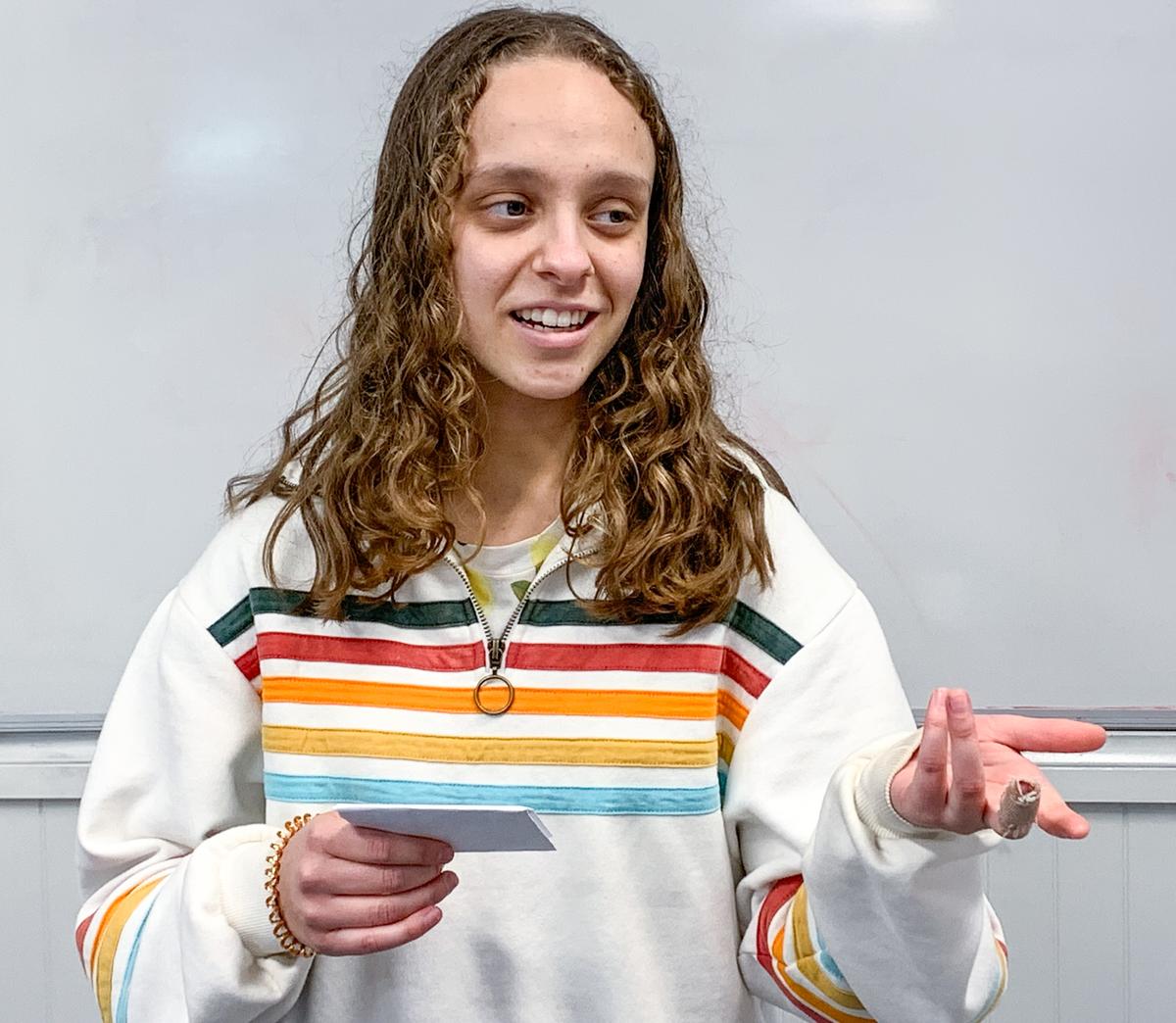


Studying plays
By chance, Term 3 this year has all our Year 10 to 12 classes focusing on plays. Plays were originally a medium for the masses - an inexpensive form of entertainment. These days, though attending the theatre is much more expensive, plays remain a way to delve into important issues in compacted time spans. Our Year 12s are exploring gender inequality as we study Ziegler's 2015 playscript 'Photograph 51', a fictional interpretation of the real events in the race to determine the structure of DNA, where James Watson and Francis Crick unethically gained access to Rosalind Franklin’s material – earning themselves a Nobel Prize for ‘their’ discovery. The Year 10s are taking their first bite at Shakespeare, working through selected sections of 'Romeo and Juliet' to analyse and dramatise their own revised scripts. Year 11 English students are reflecting on the corruptive effects of pursuit of power in Shakespeare's tribute to James I: the tragedy of ‘Macbeth’. Year 11 Literature explored the script 'City of Gold' as part of our compilation of texts by First Nations authors, and are currently enjoying ‘Pygmalion’, the text on which ‘My Fair Lady’ was based. Shaw’s caustic reflection on the way that people judge others continues to be relevant.
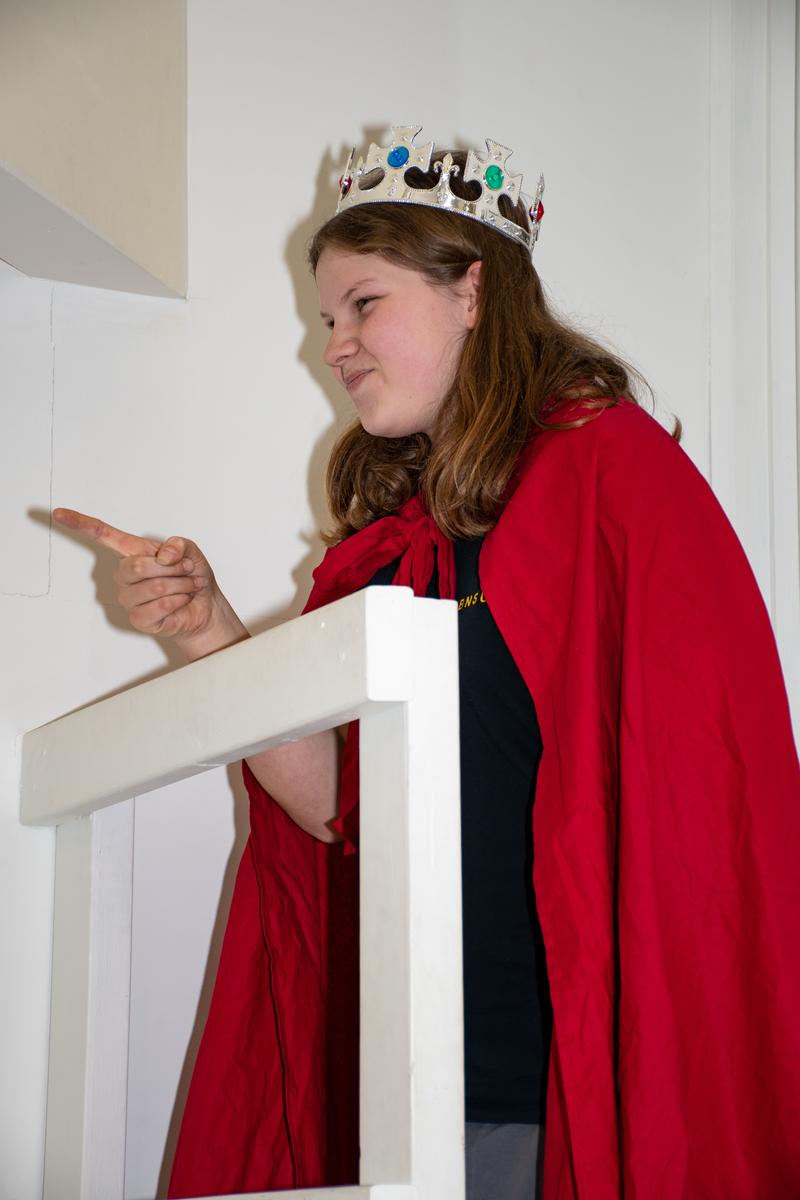
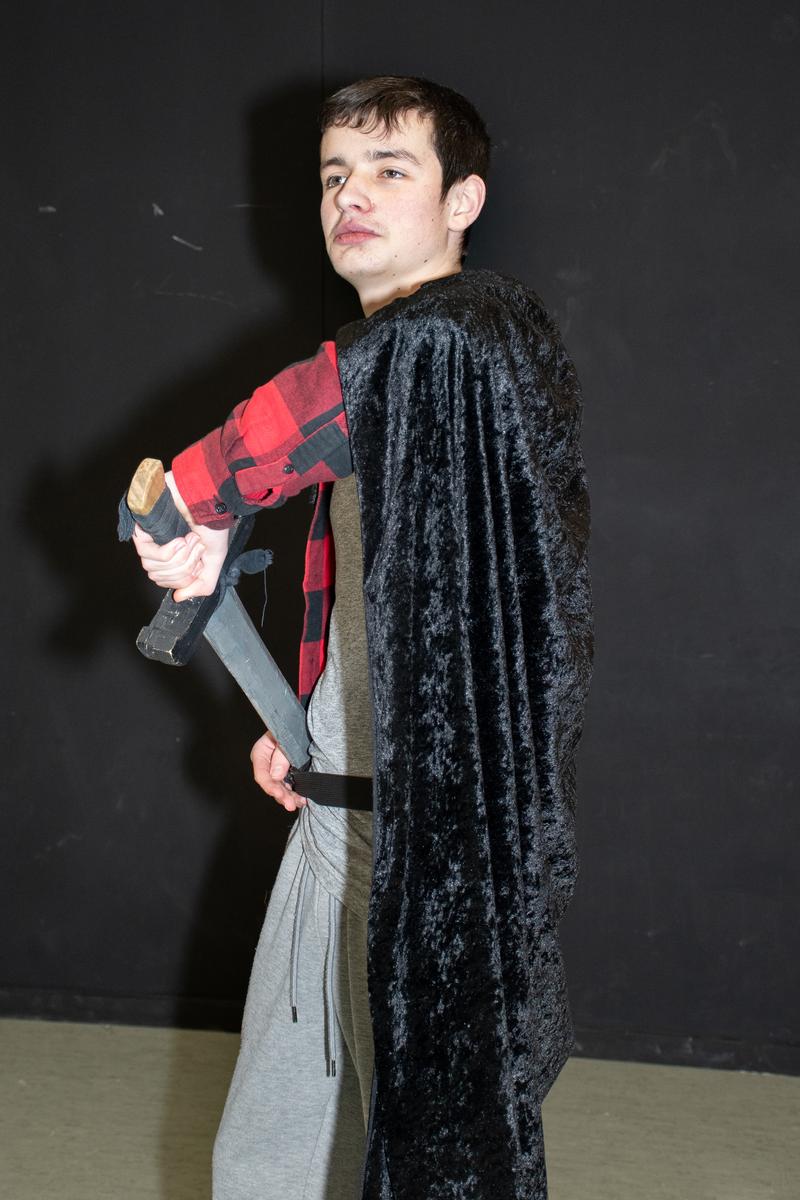
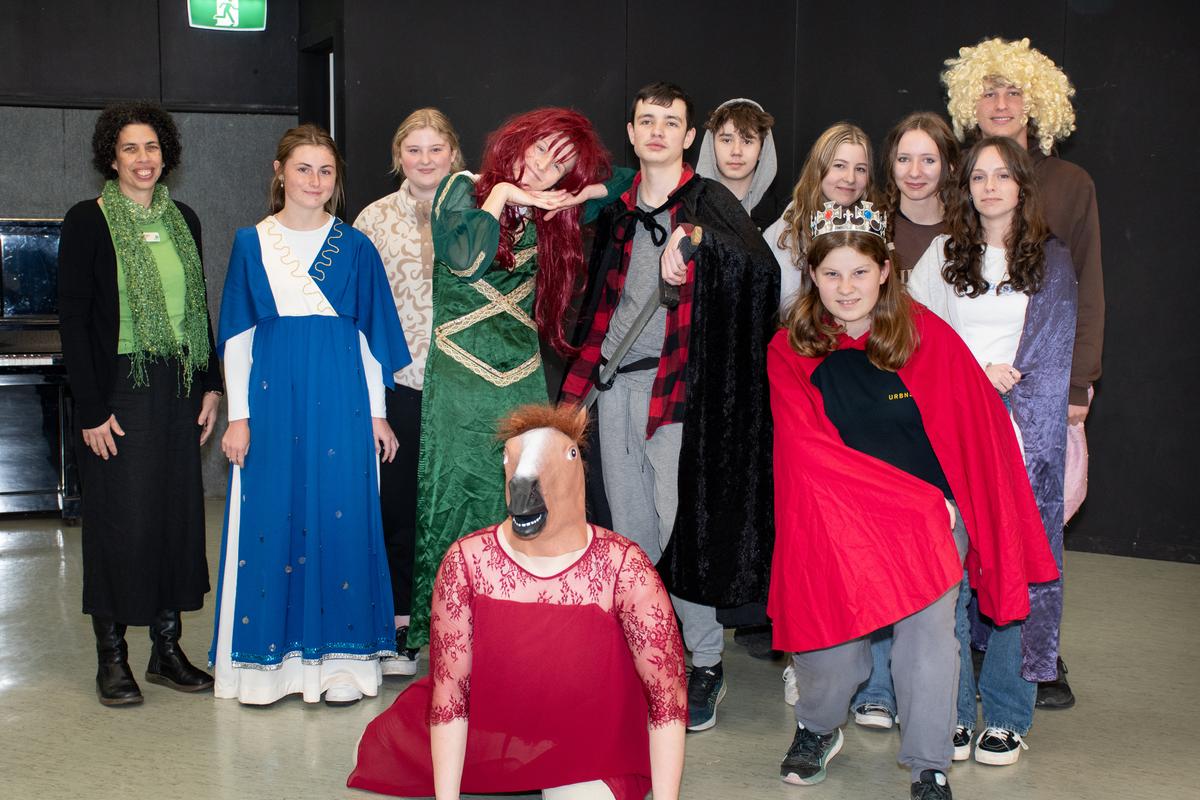



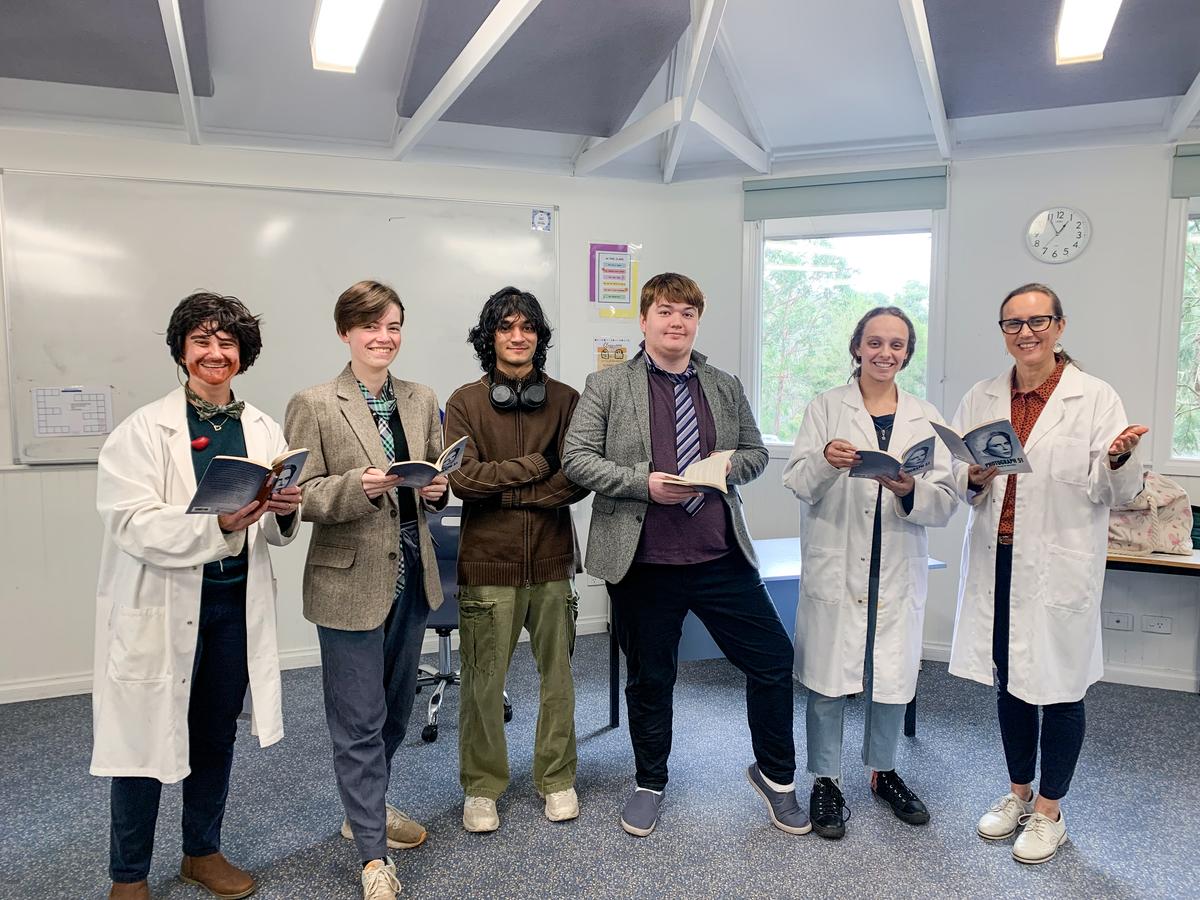
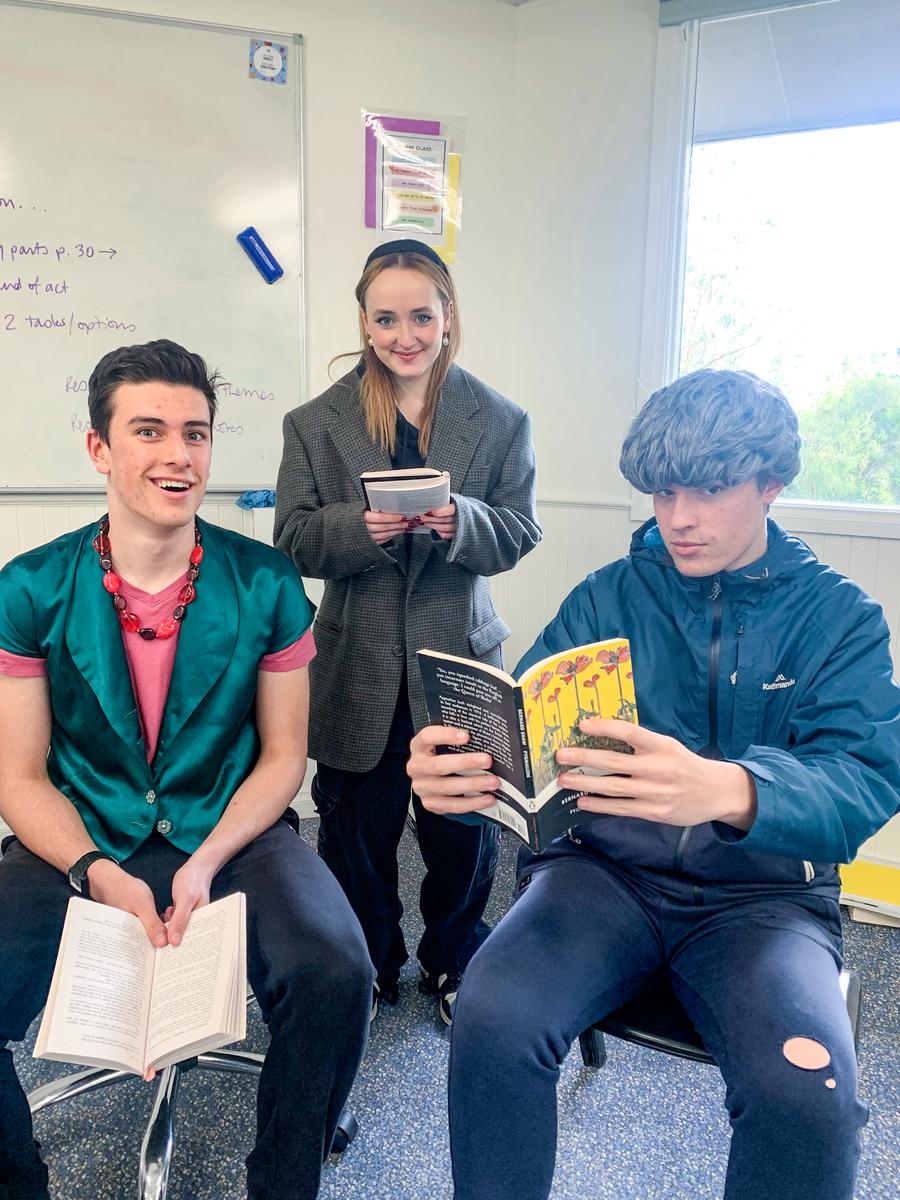


The Senior Secondary English curriculum strives to provide focus on supporting students to develop skills of communication and analysis, and to provide opportunities to reflect on contemporary and social issues in various contexts.
Dr Jodi Williams
VCE English and Literature Teacher, English Faculty Leader
"God saw all that he had made, and it was very good." Genesis 1:31
'Very good' are the words that the Bible uses to describe creation. From the astronomical galaxies right down to the anatomical molecules, all that God had made, he made to have the inherent value of good. We need only to pay attention to the things around us in our daily lives to notice this goodness: the lush new growth of spring that surrounds us on our weekend walk or the joy and laughter that fills our chapels on a Sunday. All creation was made good, and this points to a good creator God.
But wait, what does this have to do with studying VCE biology?
Biology is the study of living things, and this is a far reaching discipline. Whether you are talking about DNA and genetics, or ecosystems and biomes, you are talking about biology. In VCE biology we investigate how living things function and regulate their function, how they adapt and become diverse, and how this diversity changes over time. Not only do we learn about biological processes and theories, we put them to the test through observational studies and experiments, and we immerse ourselves in them when we go on excursions.
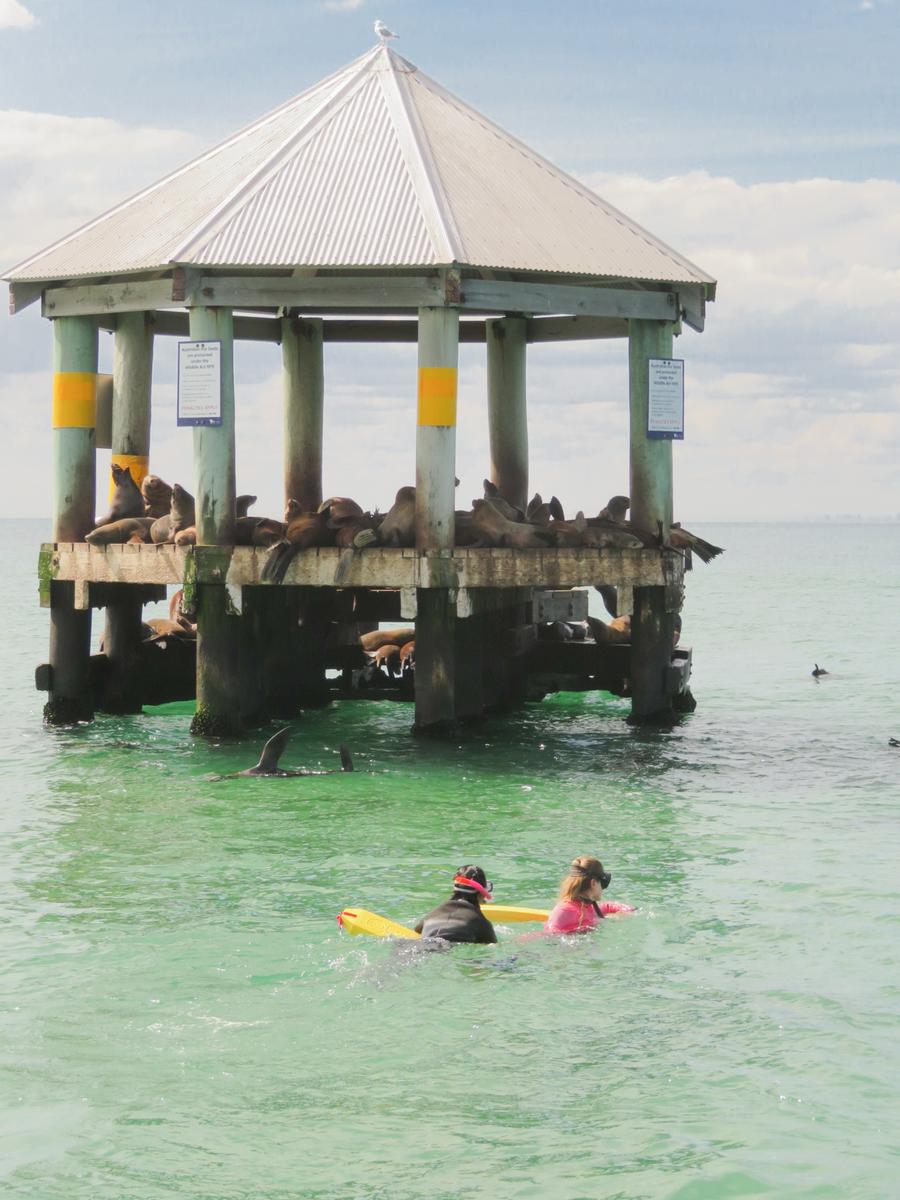
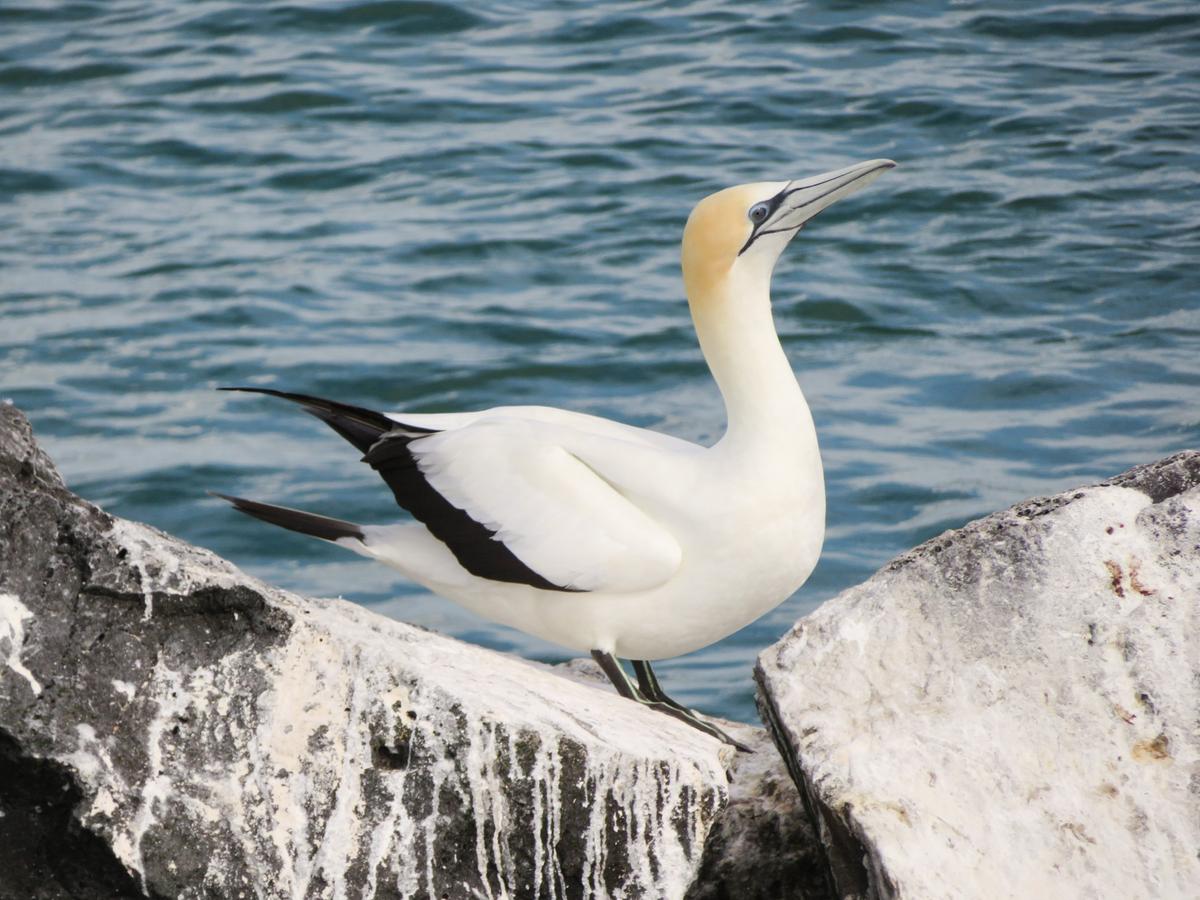
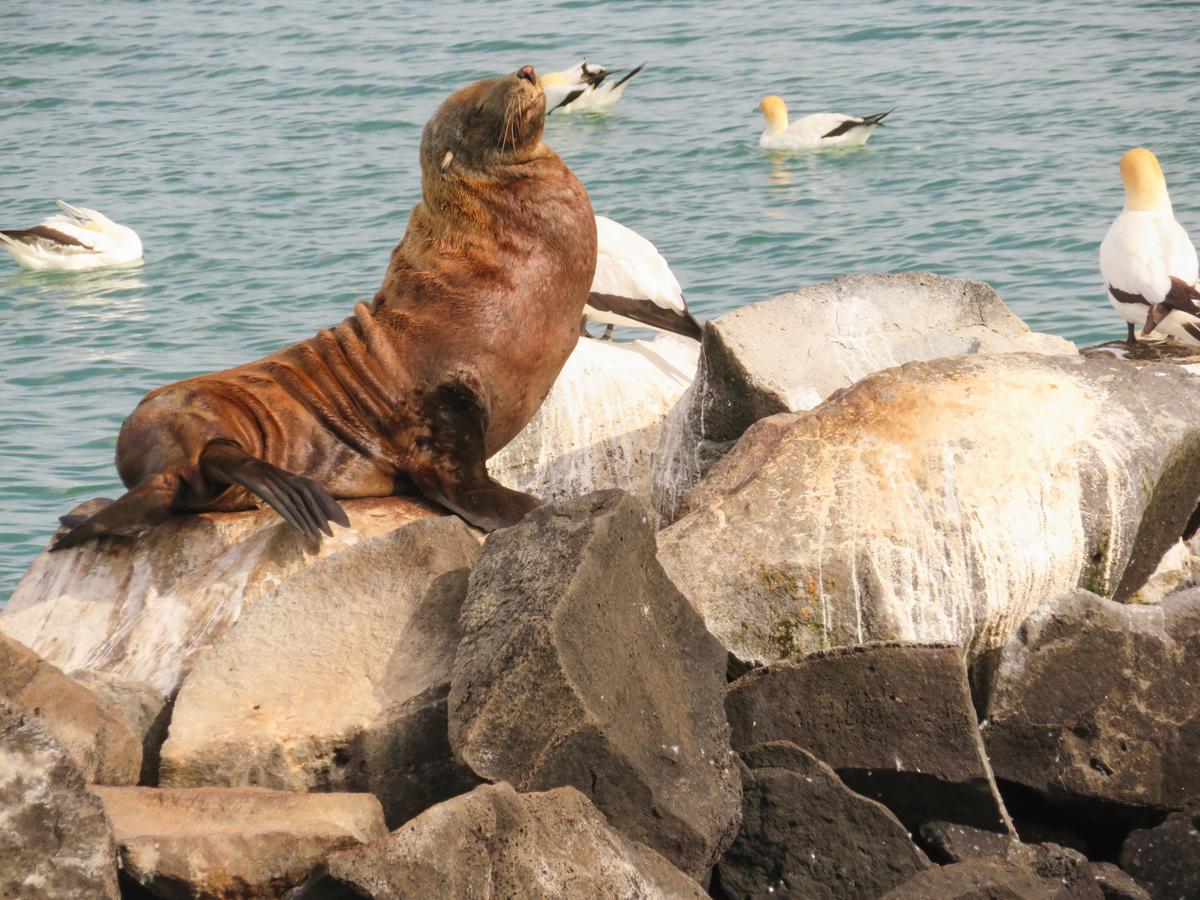



There is so much fascination and enjoyment in understanding why plants drop their leaves in autumn, or why people age, or how insulin plays an important role in maintaining the health and wellbeing of diabetics. But most of all, the study of living things equips the student to become God's worker, contributing to the goodness of His creation. The lush new growth of spring that surrounds us on our weekend walk, likely came from the passion of a biologist who worked with the council to conserve our parks' biodiversity and beauty. The joy and laughter that fills our chapels on a Sunday are due, in part, to the blessed work of medical professionals to provide good healthcare to our communities. That's why we study biology.
Duc Tran
Secondary Teacher
Alternating between a cold pool sitting at 8-10 degrees C and a warm pool between 36-40 degrees C, certainly caused some loud squeals from some of our students as they participated in one of four rotations to learn about different modes of sports recovery. Students spent 20 minutes in each of the following:
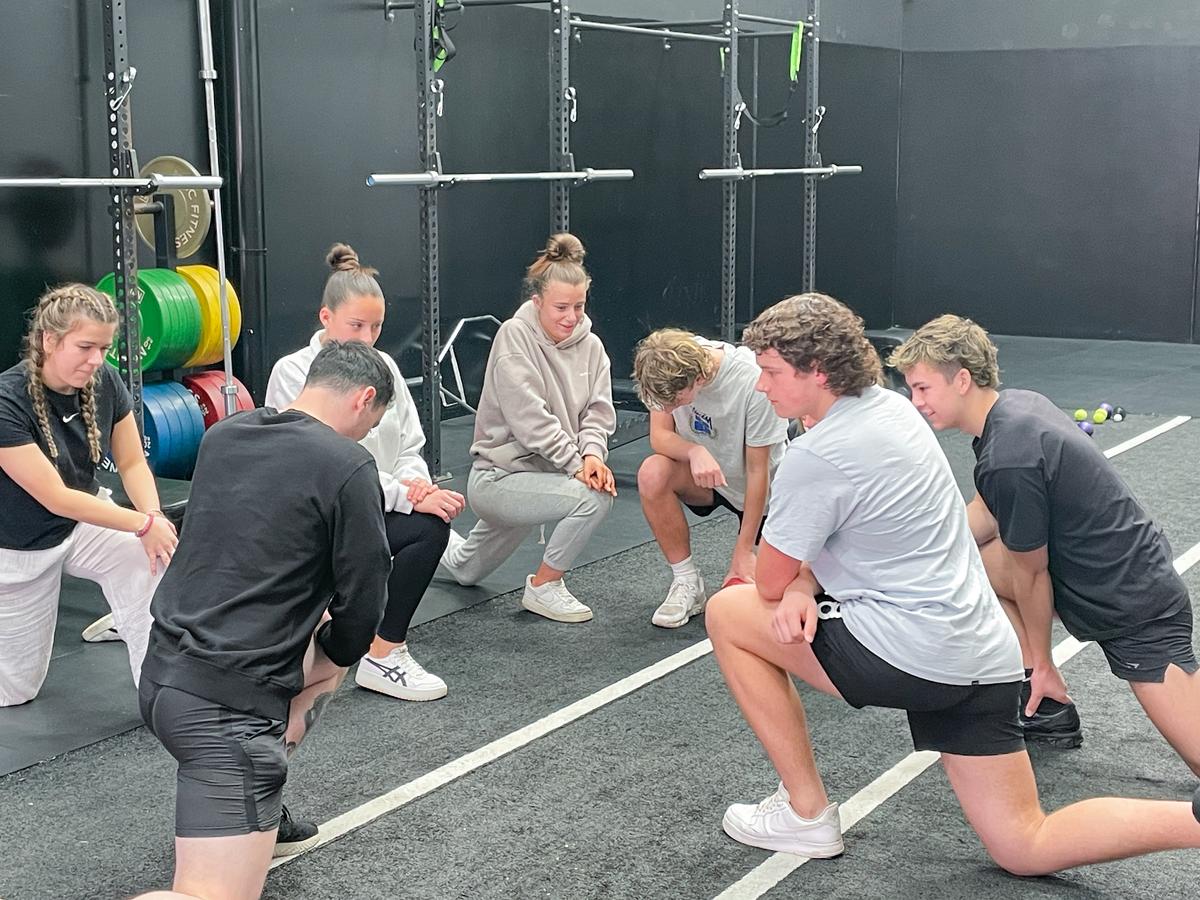
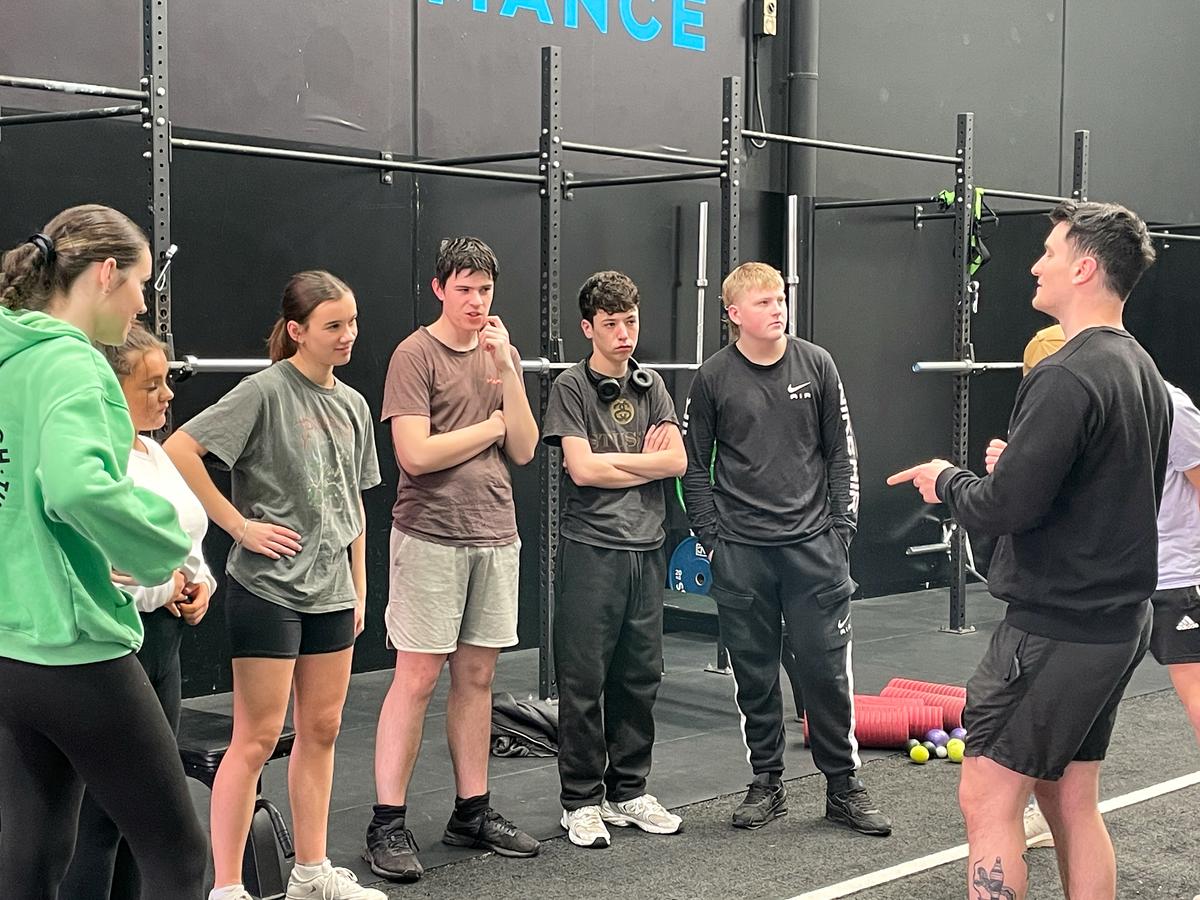
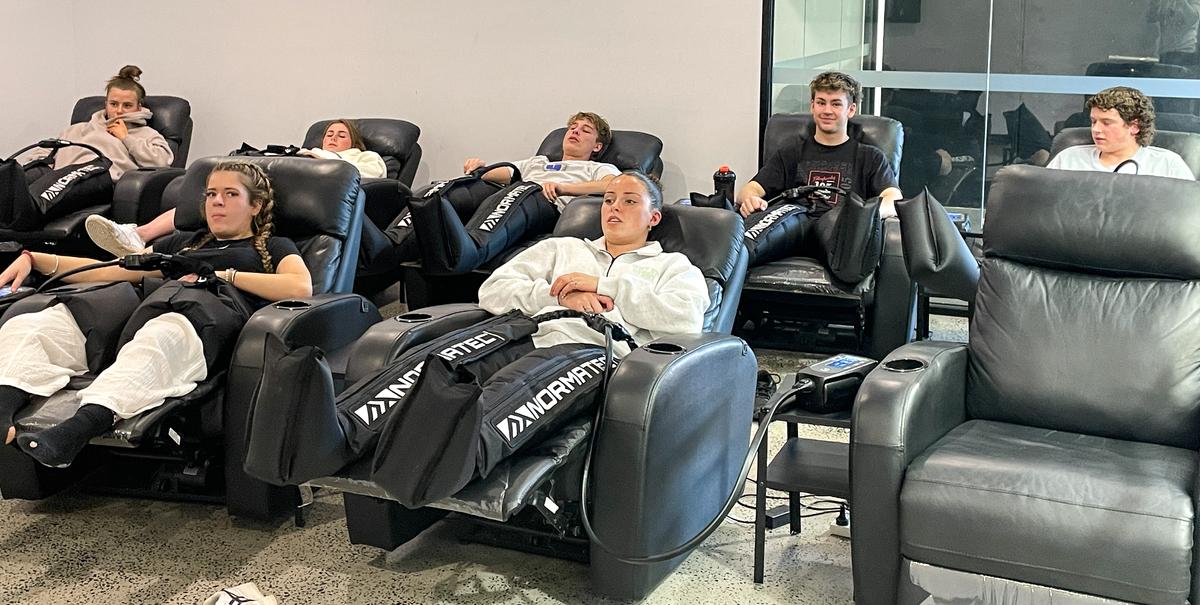
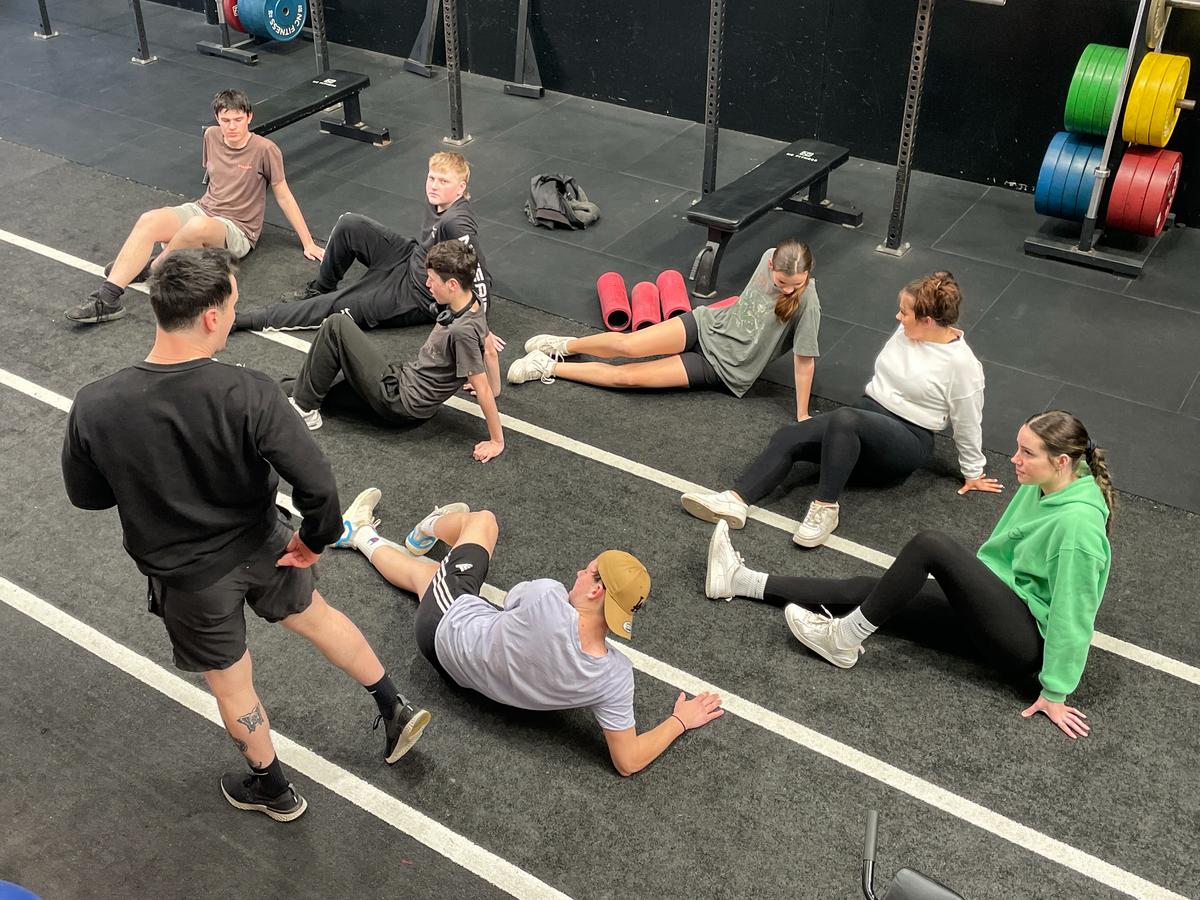
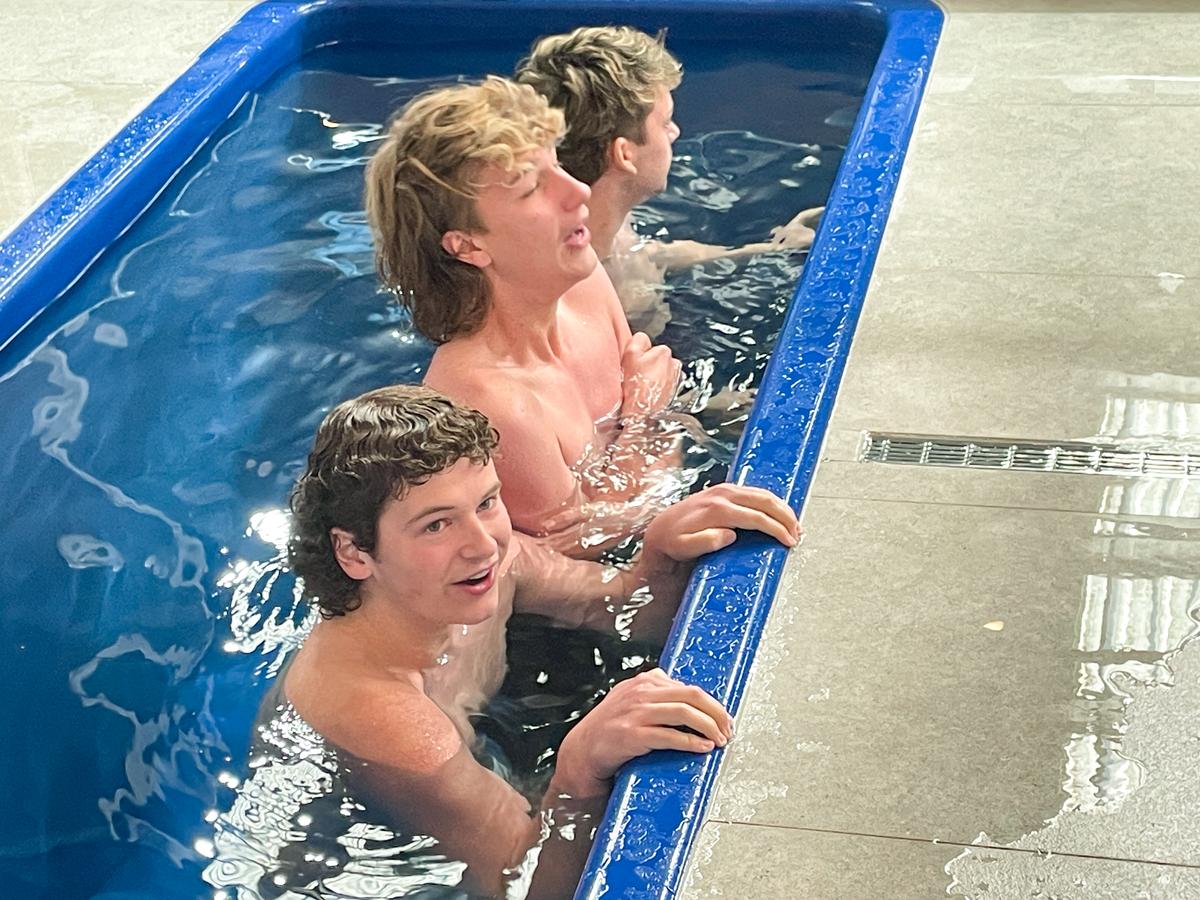

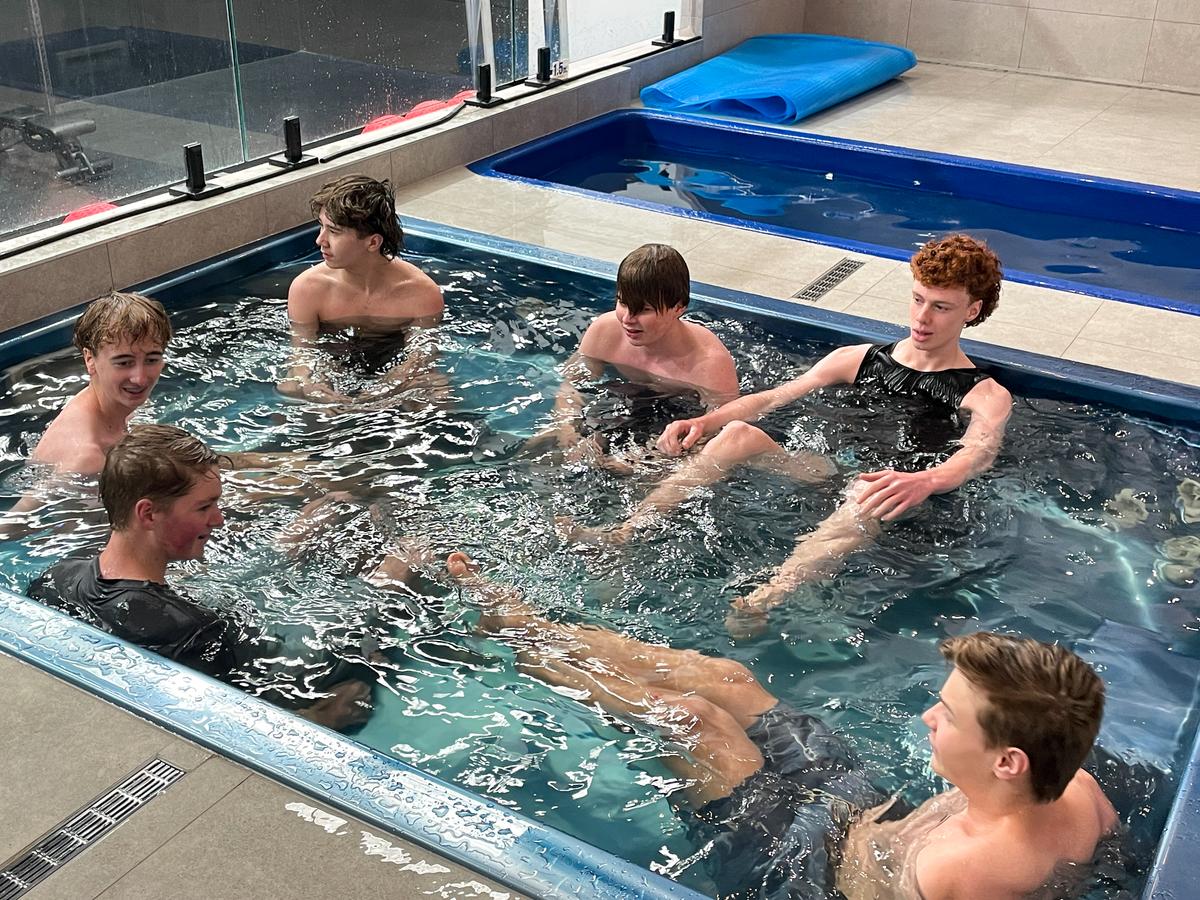







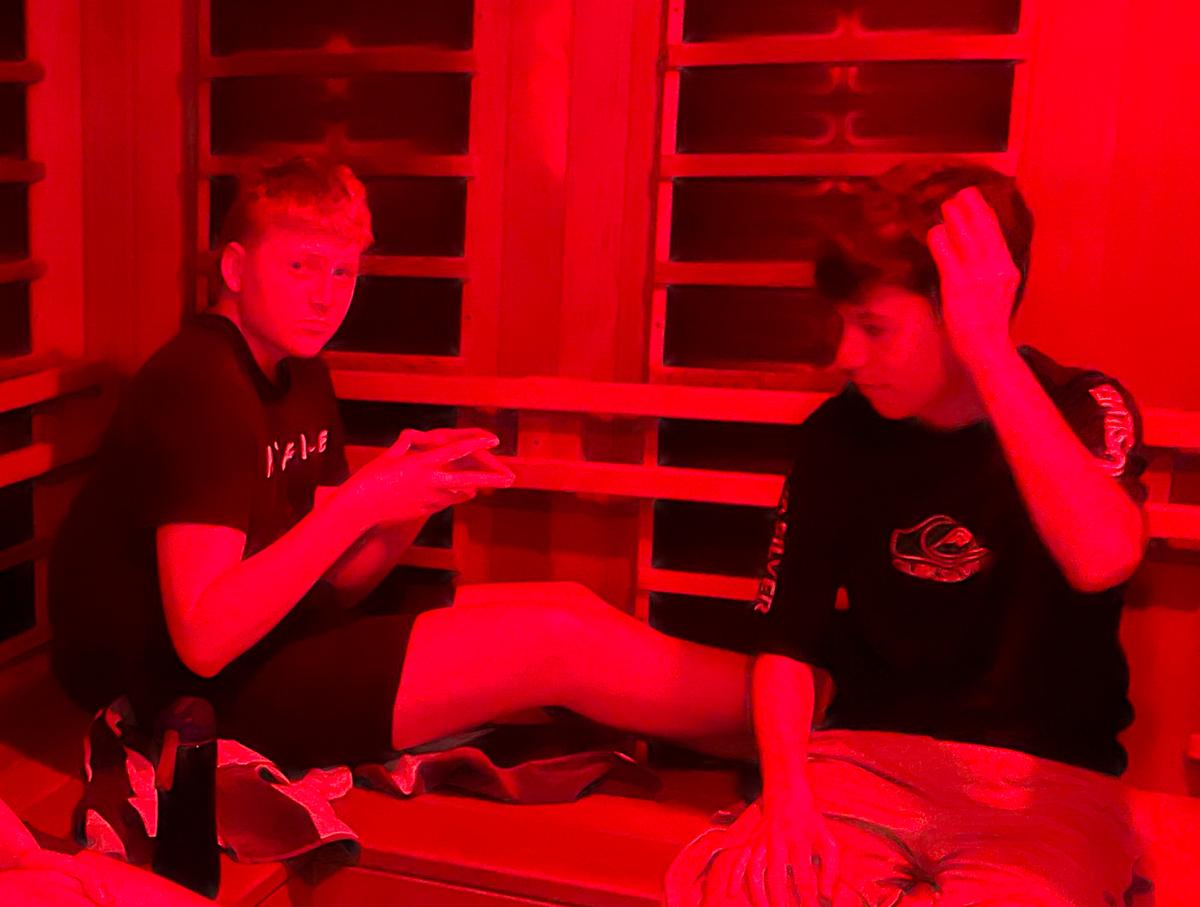
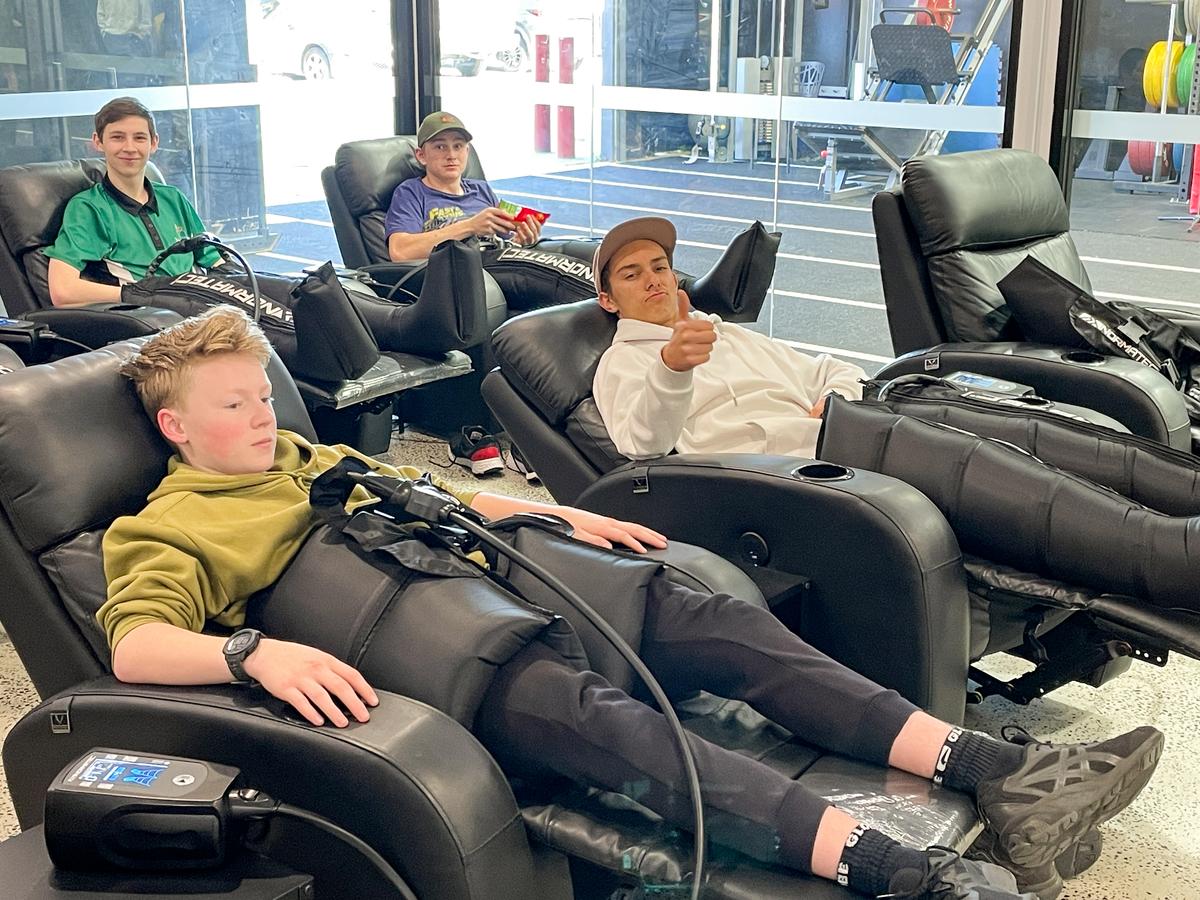
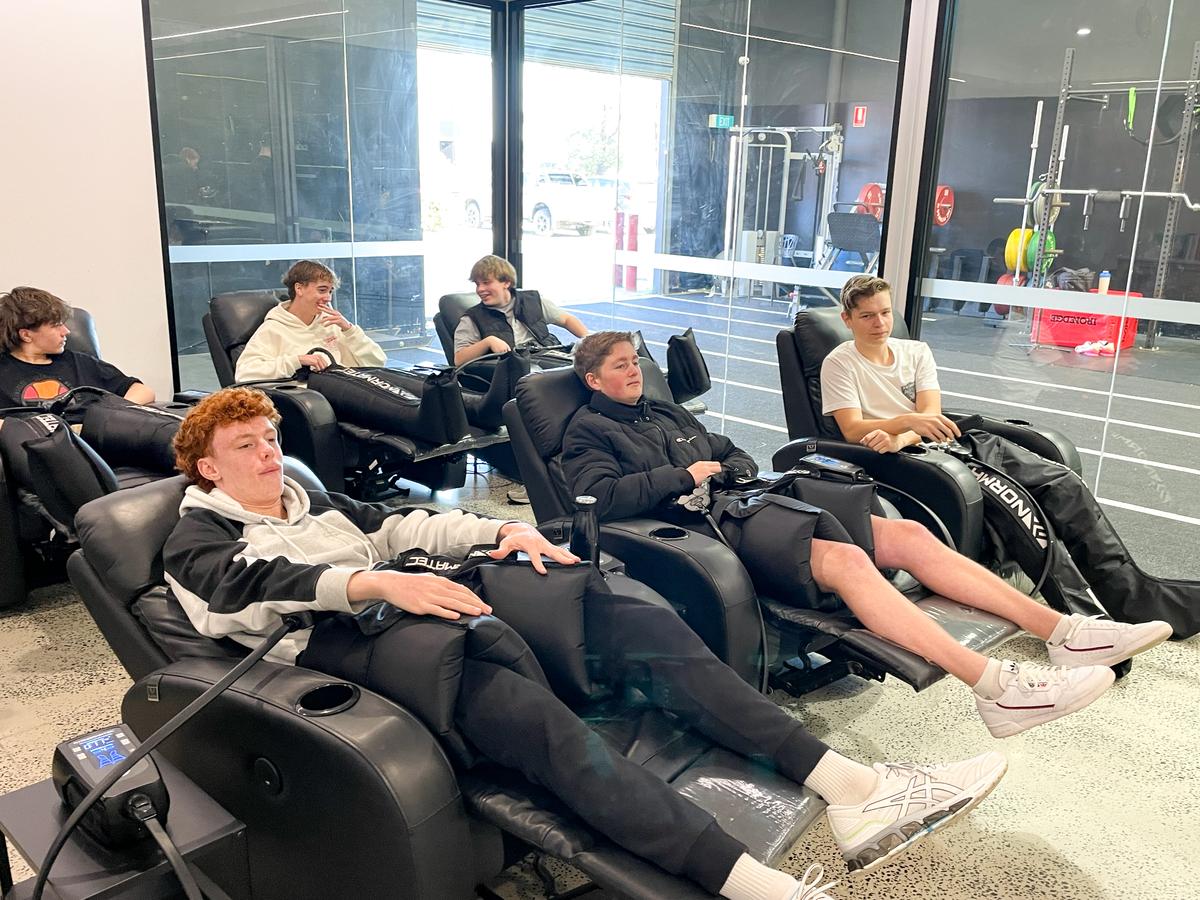
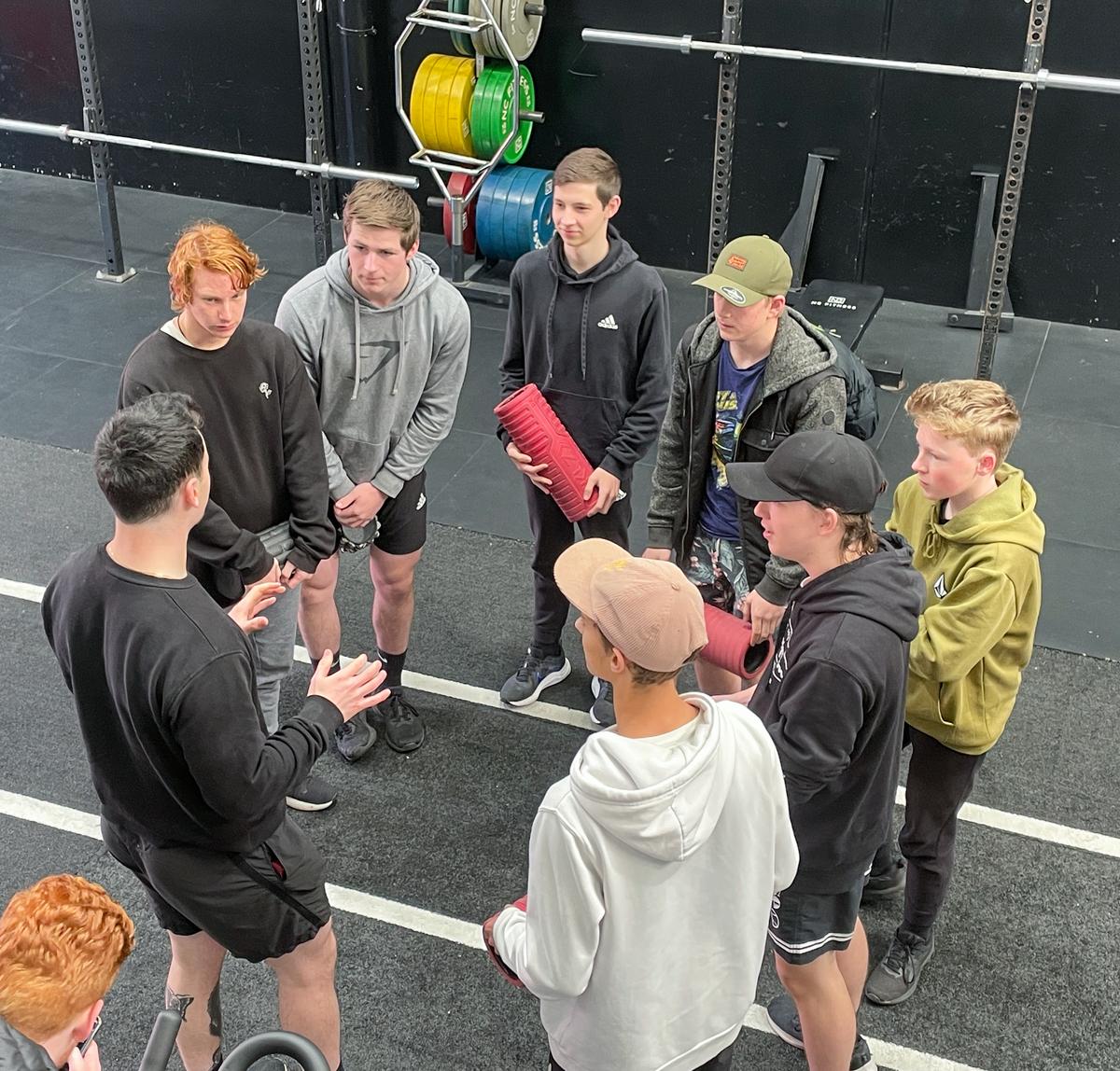
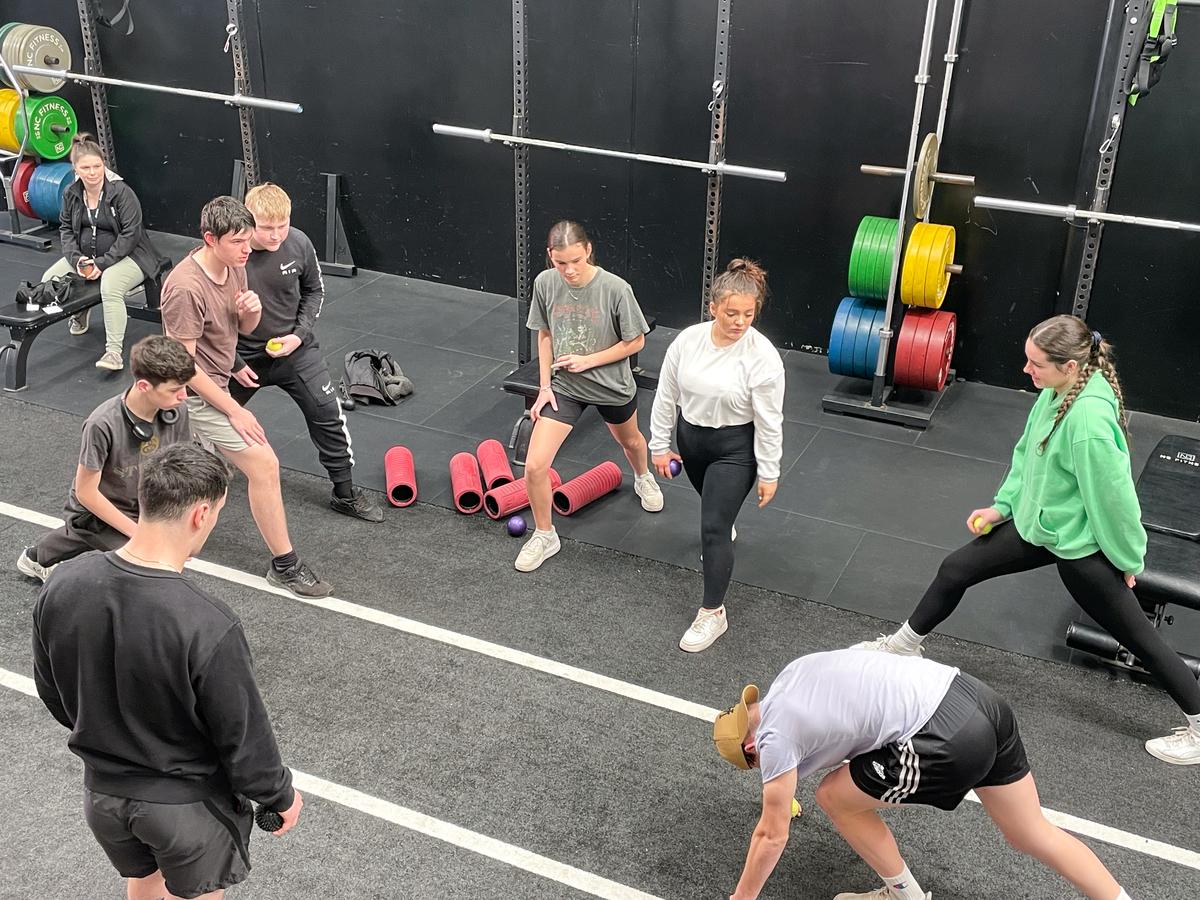
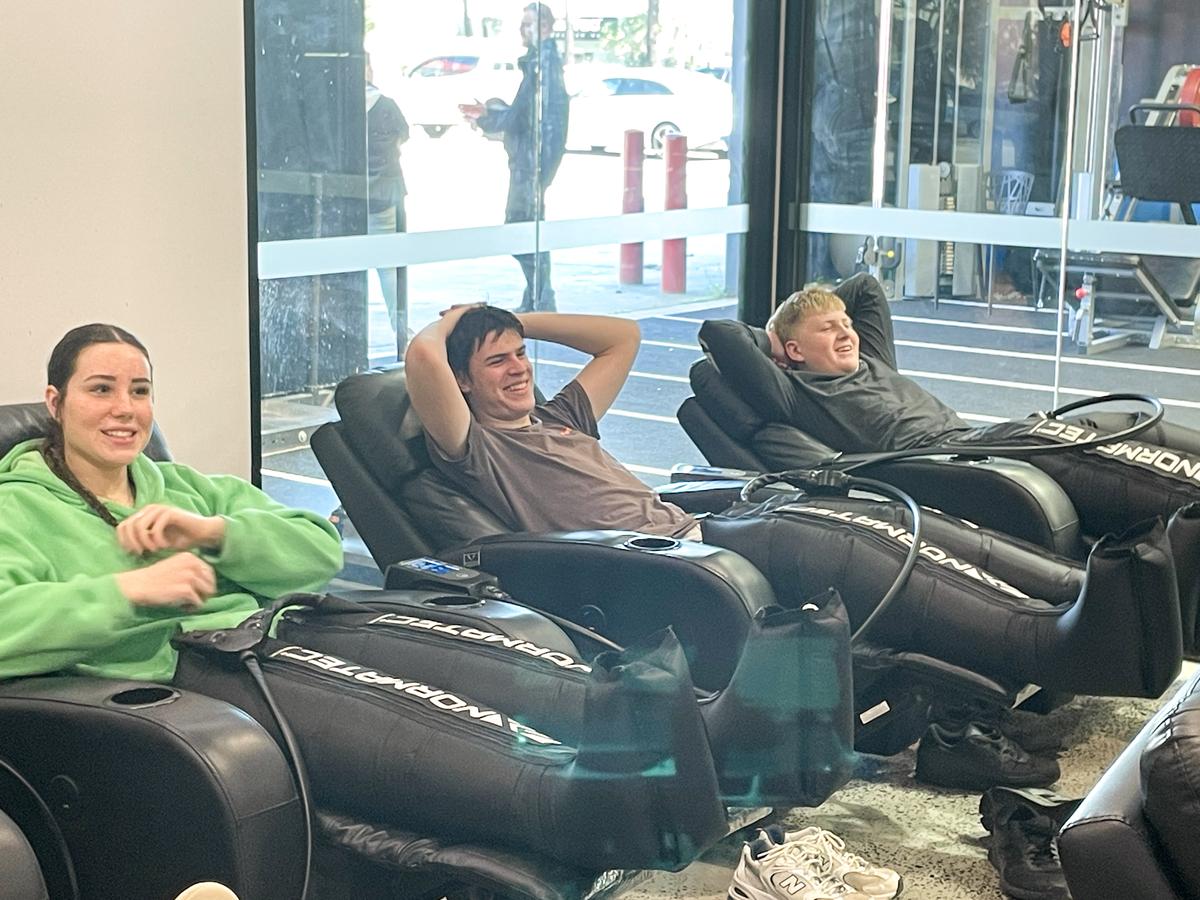






These immersion experiences helped students better understand the impact of active and specific recovery following sport and exercise. Sport is not only made up of skill and athleticism, but there is so much science and research in helping athletes reach their potential. God has gifted us not only with bodies to train and use, but with minds, insight, intelligence and skill that can improve the way our bodies perform, recover and rest.
Michelle Duke
Casual Relief Teacher